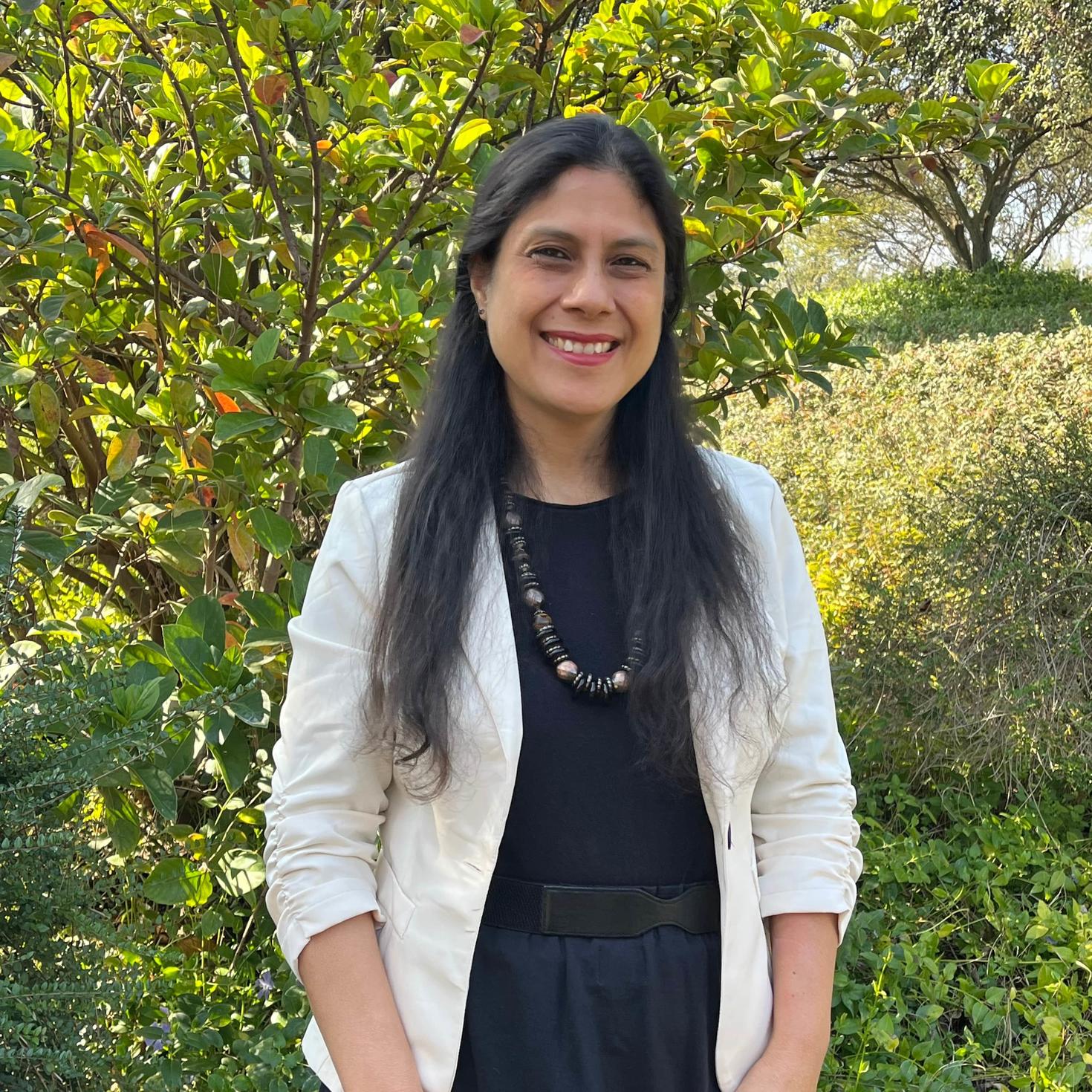Each classroom, whether in-person or virtual, becomes a living space for critical thinking, empathy and personal growth. “In my eyes, students are not anonymous names and numbers on a piece of paper — they are unique, rich and complex human beings,” she says. That perspective defines her work as a part-time professor at uOttawa, where she teaches courses on Latin American cultures and history, migration and vulnerable groups across the Faculty of Arts and Faculty of Social Sciences.
As winner of the 2024–2025 Part-Time Professor of the Year Award, Professor Escalante Rengifo sees teaching as a constant dialogue with her students. It’s a relational process shaped by listening, reflection and the courage to change. “Teaching is not just my profession — it is my calling,” she says. And for those who learn with her, it’s also an invitation: to question, to connect and to imagine more just futures.
Her story reveals how inclusive teaching grounded in research and empathy can leave a lasting mark — both in the classroom and far beyond it.
Bringing a research mind to the classroom
Escalante Rengifo’s interdisciplinary background spans history, media studies, journalism and Latin American literature. This infuses her teaching with a deep commitment to connecting theory and lived experience. Whether she’s guiding students through colonial resistance movements or unpacking the complexities of forced migration, she sees every class as an opportunity to build bridges between academic inquiry and everyday realities.
Early in her teaching career, a turning point came when students in a theory-heavy course told her they couldn’t connect with the material. Rather than dismiss their concerns, she pivoted, introducing films and cultural texts to demonstrate how theory lives in practice. In a sense, she brought her research mind to the classroom, confronting theories with facts — a habit that has shaped her teaching ever since. “Students learn best when they can connect new knowledge to their prior understanding, and when that knowledge is relevant to their personal, professional and practical lives,” she explains.

“Students learn best when they can connect new knowledge to their prior understanding, and when that knowledge is relevant to their personal, professional and practical lives.”
Professor Guadalupe Escalante Rengifo
— Winner of the Part-Time Professor of the Year Award
Her current research examines forced migration, cosmopolitanism and memory in Latin American literature, and she brings that lens directly into the classroom. Themes of power, identity and systemic violence aren’t treated as abstract — they’re made tangible through case studies, cultural artifacts and even her own experiences as a journalist in Peru. In this way, her classroom becomes a real-life laboratory for collaborative investigation and critical thought.
From self-discovery to impact: Lessons for life
For Escalante Rengifo, what matters most is not just what students learn but what they carry forward as well. Her courses explore Latin American history and politics, but they also invite students to reflect on identity, belonging and the forces that shape how people are seen — and how they see themselves.
This impact is especially profound for students of Latin American heritage, many of whom were born in Canada. In her classroom, they often reconnect with their roots — not just through language but through a deeper understanding of cultural and historical context. Some have even reached out to thank her for helping them rediscover parts of their family history. Others follow her from department to department, seeking to continue their learning across disciplines.
Her commitment to student-centred learning goes beyond the classroom. In recent years, she has encouraged students to explore topics through creative, public-facing formats like podcasts, digital exhibits and short films. A standout example is Agency: Cultures and Histories in Latin America, a digital exhibition hosted by the uOttawa Library on the Omeka platform. The exhibit showcases student work on Latin American voices, movements and resistance. More than a digital literacy tool, the project empowers students to take ownership of their work — as creators of knowledge rather than passive recipients.
Escalante Rengifo’s courses leave a legacy that’s both intellectual and personal. Students gain new tools and deeper perspectives — as well as a greater sense of who they are, who they want to become and how they can engage with others through respect, inclusivity and empathy.
The classroom as a space for learning and AI adaptation
While Escalante Rengifo embraces new technologies — including learning management systems, collaborative platforms and digital tools like Omeka — she insists that technology needs to serve critical thinking, not replace it. “We need to learn to use technology to our advantage,” she tells her students, “but not let it do the thinking for us or turn us into something disposable.” Once again, she channels this need for creativity into the learning experience.
Her classroom turns into a space for co-creation, where ideas are tested, assumptions are questioned and students become active participants in their own education. That approach has become even more essential in what she describes as the “post-pandemic and artificial intelligence times,” when motivation can falter and attention is fragmented.
Whether she’s helping students publish their first digital exhibition or discussing how history intersects with contemporary debates on migration and race, she frames learning as a shared responsibility rooted in mutual respect. “Teachers also need to feel motivated by their students,” she says. “Teaching is a continuous journey — one that requires humility, adaptability and a willingness to learn.”


